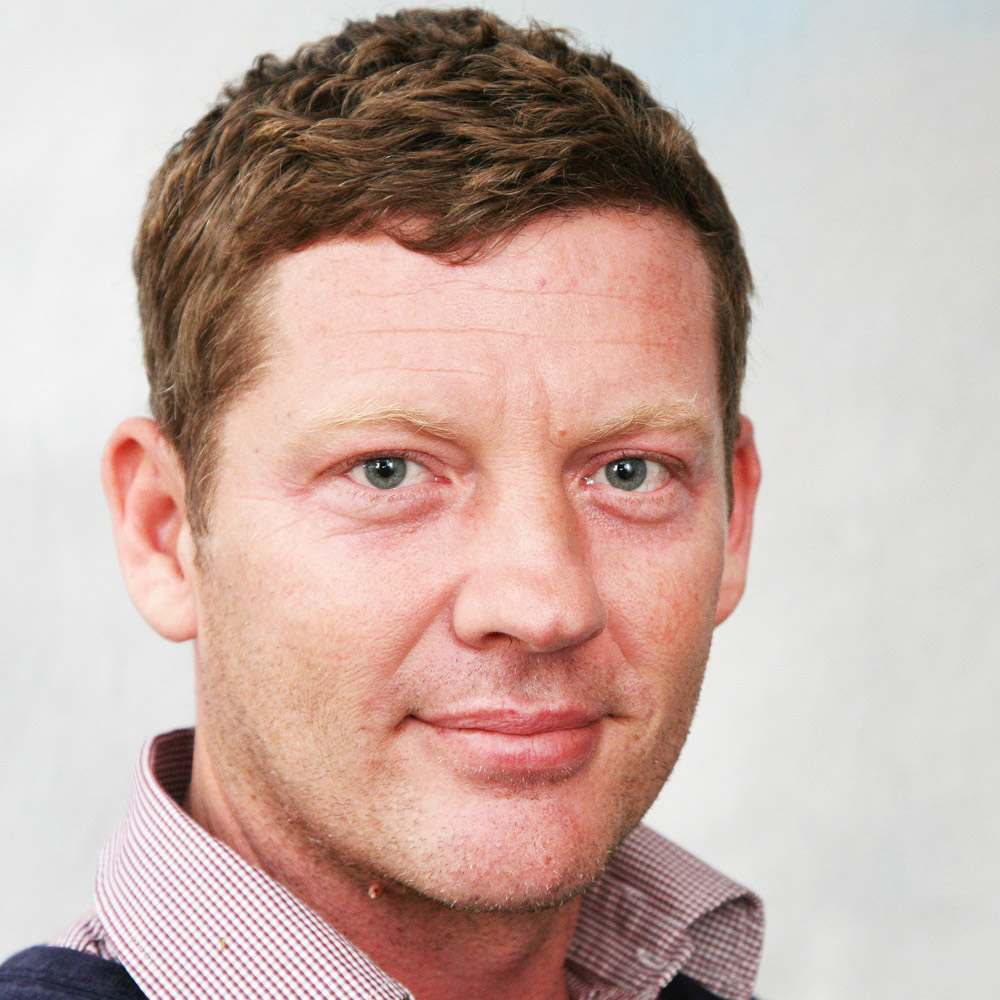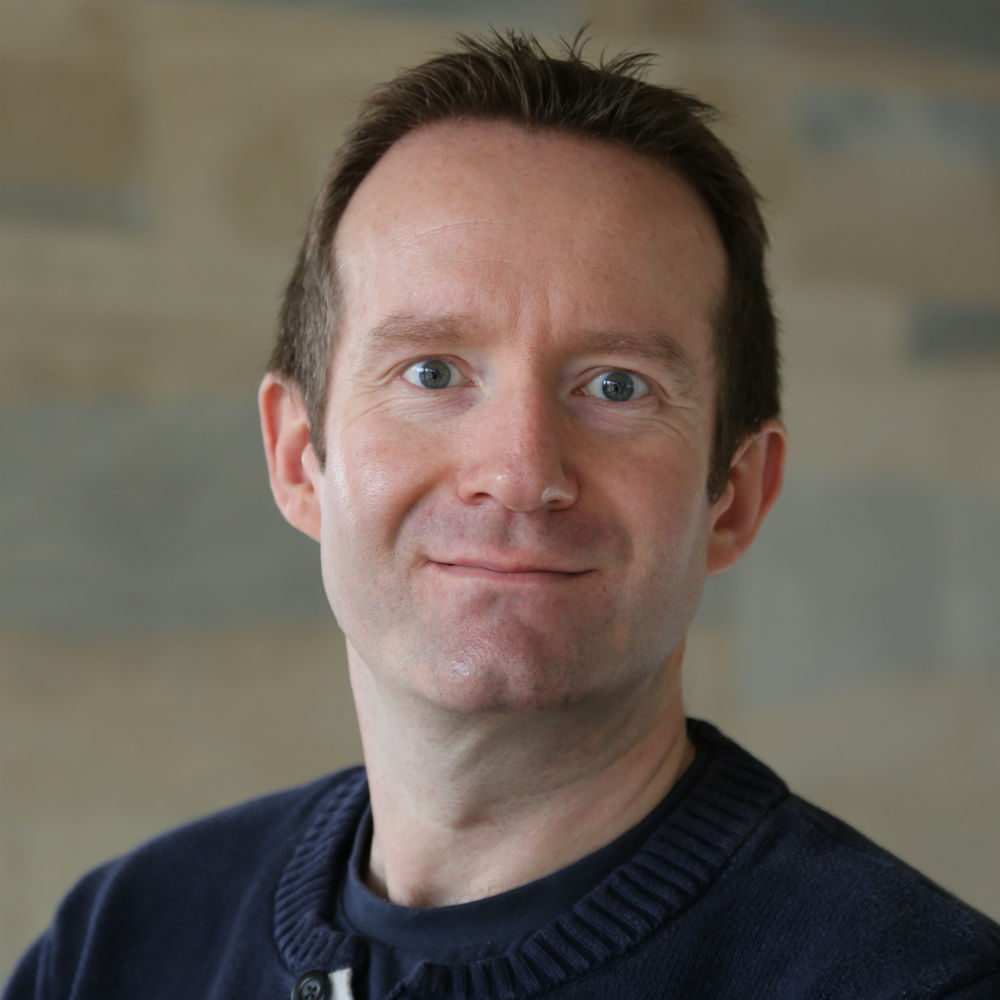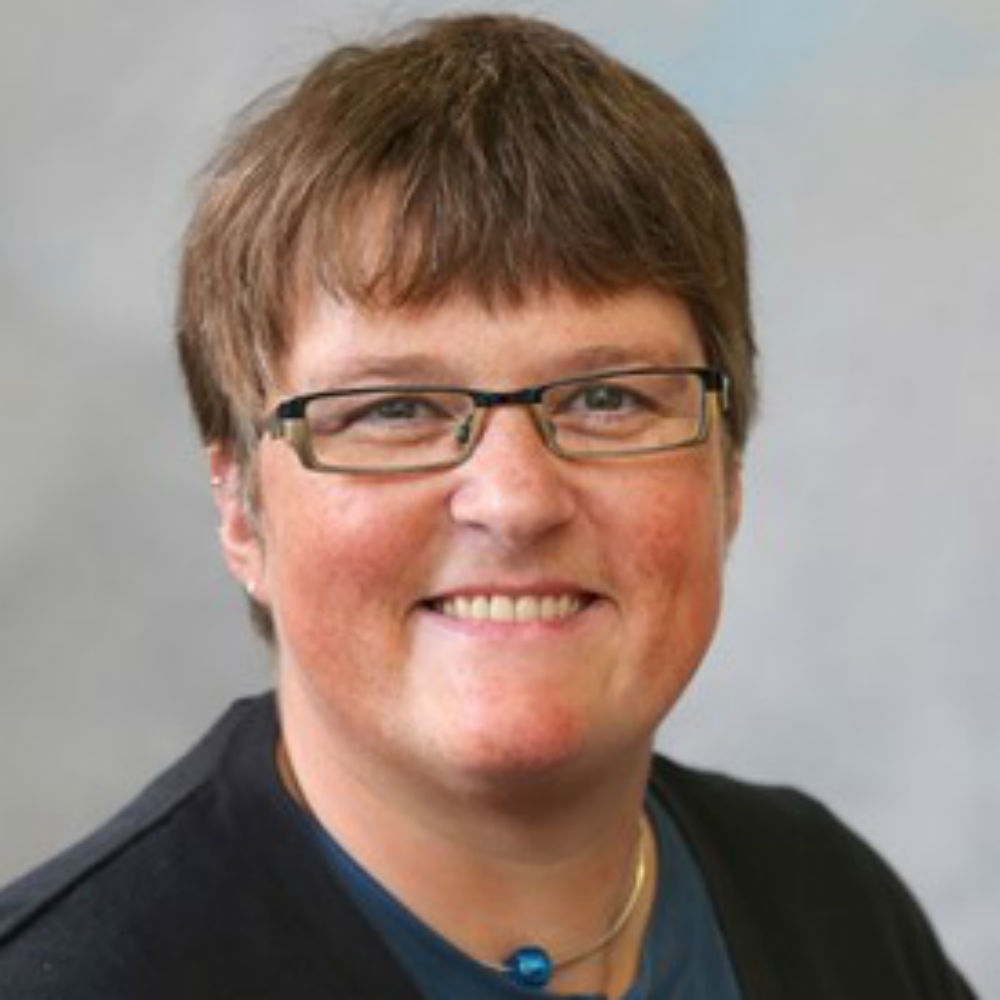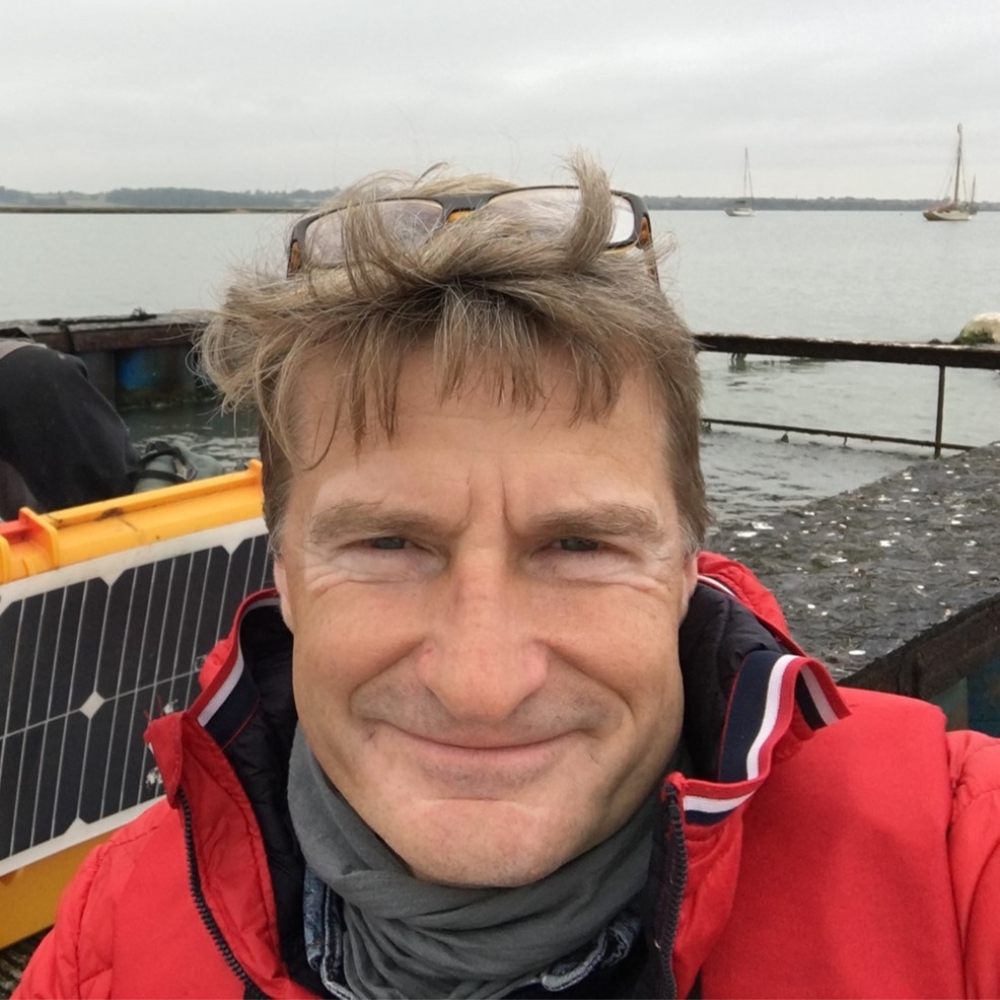Coral Reef Research Unit
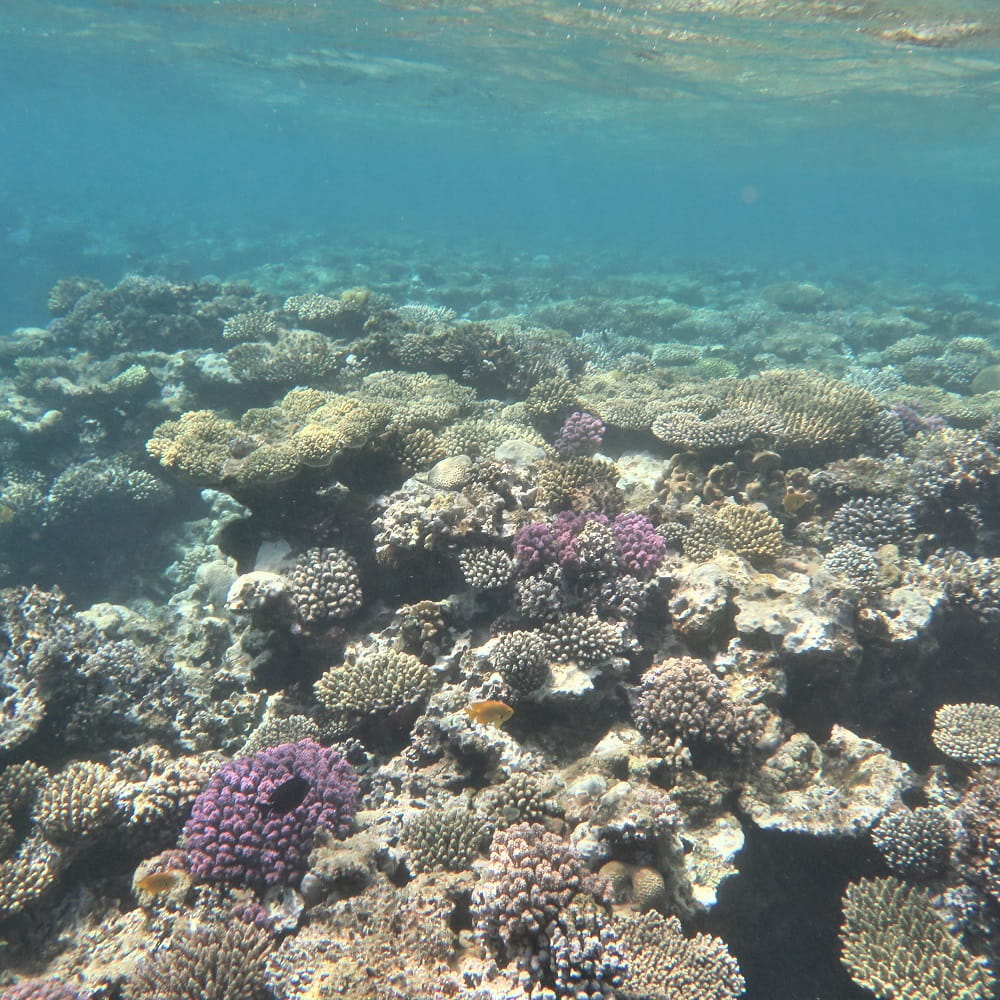
The Coral Reef Research Unit at the University of Essex (CRRU), the most extensive of its kind in the UK, is home to academics, PhD students, Masters students and research officers working in the field and in our laboratories.
Field research focuses on the community ecology of coral reef systems, tropical seagrass beds, mangroves and fisheries. We carry out economic and social science field studies alongside biological and ecological studies, while our state-of-the-art laboratories are home to coral ecophysiology and biogeochemistry research.
Based in the School of Life Sciences at Essex, there are several members of academic, research and technical staff associated with the CRRU. We also have strong relationships with academics within the UK, and also from Australia, Egypt, Honduras, Indonesia, Israel, New Zealand and the USA.
Undertaking groundbreaking research into coral reefs and their connected habitats, our cross-disciplinary approach uses the expertise and experience of an international advisory board. The CRRU makes extensive use of the advisory board when deciding future research directions, collaborative grant applications, and publication of our findings.
Study sites
As well as undertaking research within our bespoke tropical marine aquarium facility based at the University of Essex, the CRRU is engaged with research across numerous field sites within the Pacific, Indian and Atlantic Oceans.
The aim of this research varies but generally focuses on the management options for reefs threatened by environmental change and thus encompasses the natural and social science disciplines, and utilises molecular, microbial, physiological, ecological and environmental approaches.
Some research is repeated across sites to gain a real global perspective whilst other activities focus on specific issues within the host countries.
Pacific Ocean: Wakatobi, Indonesia
The Wakatobi Marine Biosphere Reserve, Hoga Island, Indonesia
CRRU has a long-standing tradition of research around Indonesia and, in 2004, the University of Essex agreed on a research Memorandum of Understanding with Hasanuddin University, Sulawesi.
Each year, a number of postgraduate students and academic staff travel to Indonesia to carry out experiments and field surveys on the coral reefs of Hoga Island, located within the Wakatobi Marine National Park (WMNP) where staff direct the ongoing research programme in collaboration with Operation Wallacea and Indonesian collaborators.
With support from CRRU researchers, the WMNP was designated a UNESCO Biosphere Reserve in 2012, with the aim of this research site remaining an international centre of research excellence. The WMNP is the second largest marine park in Indonesia and is located within the most species-rich seas in the world.
Current research activities include:
Ecophysiology
- The physiology of reef building corals
- The ecophysiology of corals living in marginal environments
- The stress physiology of corals and implications of acute and chronic environmental change
- Ocean acidification and its implications for reef growth, biodiversity and productivity
- Coral bleaching physiology.
Conservation and natural resource management
- Socio-Economic characteristics of dependent communities
- Natural resource management in small island communities
- The economic and environmentally-sustainable management of tropical coastal systems
- Ecosystem services provide by tropical seaweed farming
- Management of future reefs in response to acute and chronic environmental change
Tropical Marine Ecosystem Ecology
- The ecology of tropical reefs and connected systems
- Biodiversity and behavioural plasticity of tropical reef fishes
- Habitat utilisation of reef fish and implications of variable physical complexity
- The coral holobiont and its responses to environmental change
Indian Ocean: The Republic of the Seychelles
The Seychelles is an archipelago republic situated in the western Indian Ocean 1500km from the Southeast African coast. It consists of 115 islands that are often referred to as the outer islands and the inner granitic islands. Since 2006 the CRRU have undertaken research on the outer island of Desroches, a part- submerged atoll some 200 km southwest of the main island of Mahe.
Research has also taken place around the inner granitic island of Silhouette directly north of Mahe and since 2009 within the Marine National Park of Curieuse Island located north east of Praslin. This research is truly inter-disciplinary and is conducted in collaboration with the Earthwatch Institute, The Mitsubishi Corporation and the Seychelles National Parks Authority.
CRRU-led research focuses on:
Natural Sciences
- Increasing our understanding of coral biodiversity of the Seychelles
- The implications of past thermal events and coral bleaching episodes
- The ecophysiology of coral bleaching and management options
- Ecophysiology of corals in extreme environments
- Implications of ocean acidification for reef form and function
- Sustainable management of tropical marine systems
Social Sciences
- The resilience of Seychellois communities
- Natural resource dependency of Seychellois communities
- Social capital and opportunities for co-management of shared resources in Seychellois communities
- Sustainable economic development of marine resources within Seychellois communities.
Indian Ocean: The Red Sea
The Red Sea is a tentative centre of marine biodiversity lying between Africa and Asia and is an extension of the northwest Indian Ocean. Its geographic position and prevailing environmental conditions make the Red Sea being one of the warmest bodies of water in the world and an extremely interesting place for environmental research .
Despite the high sea-surface temperatures, the Red Sea is still home to an impressive array of coral species and associated fauna. Research undertaken by the CRRU has focused on different areas of the Red Sea from the Ras Muhammad National Park in the north to Farasan in the south. Research has been in collaboration with Operation Wallacea, The Egyptian Environmental Affairs Agency, and focused on:
- The status of and threats to reefs of the Ras Muhammad
- The physiology of Red Sea corals
- The ecological and physiological implications of past thermal events
- The role of the holobiont diversity in coral health
- The global significance of Red Sea corals
Atlantic Ocean: The Cayman Islands
The Cayman Islands are a British Overseas Territory located within the Western Caribbean south of Cuba. Research activities since 2011 have focused around Little Cayman and have been in collaboration with the Central Caribbean Marine Institute. Research has primarily focused on:
- The physiology of reef building corals
- The biodiversity, productivity and growth of reef building corals
- The fundamental niche of reef building corals
- The ecophysiology of corals living in suboptimal environments
- Opportunities for the management of reefs threatened by long-term environmental change
Atlantic Ocean: Brazil
Research undertaken by the CRRU within Brazil is in collaboration with the Federal University of Bahia. Off the coast of Bahia are fascinating and unique reef structures that represent some of the most extreme reef systems in the world. Understanding the physiology of corals living in such systems increases our global knowledge of the fundamental niche of reef building corals and their vulnerability to future environmental change.
This is particularly important as approximately 45% of all corals found in Brazil are endemic to the country. Consequently within Brazil CRRU collaborative research has specifically examined:
- The ecophysiology of endemic Brazilian corals
- The vulnerability of Brazilian corals to thermally-induced coral bleaching
- The photophysiology of Brazilian corals and their symbiotic zooxanthellae
